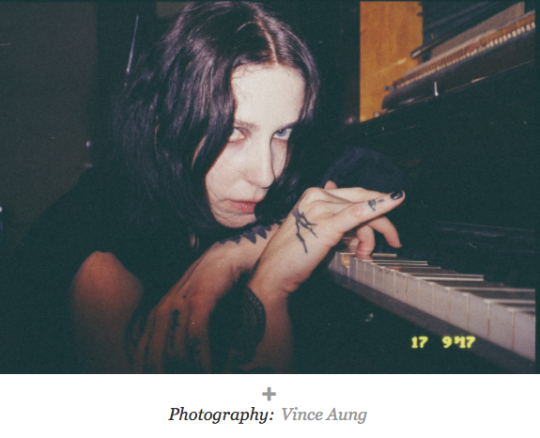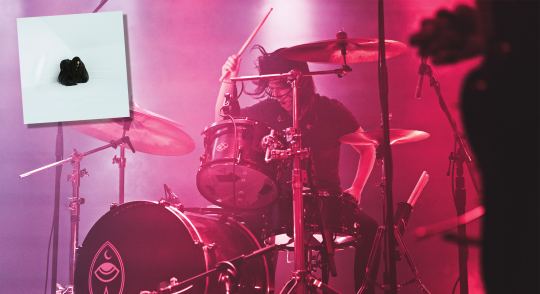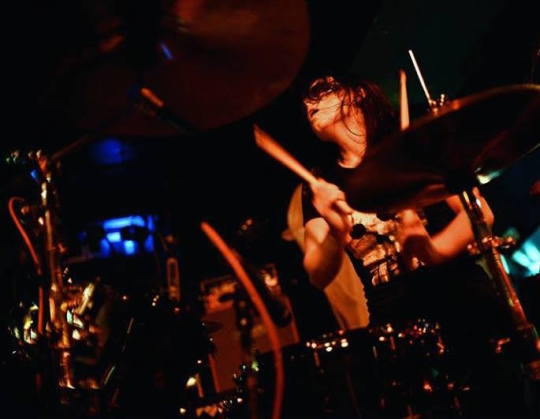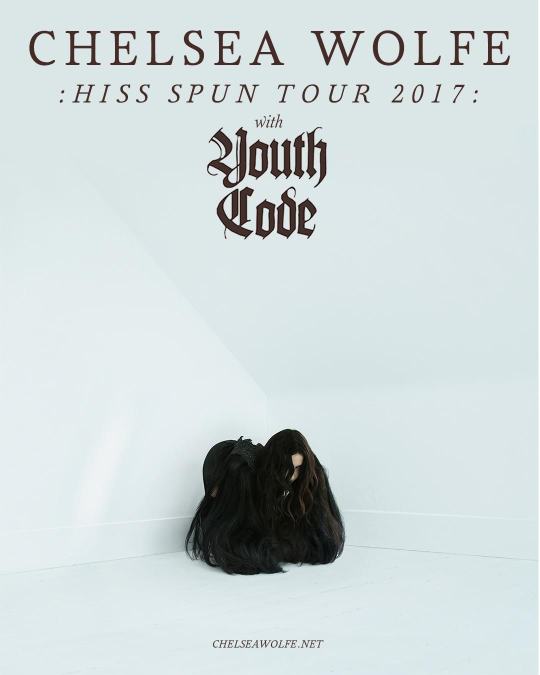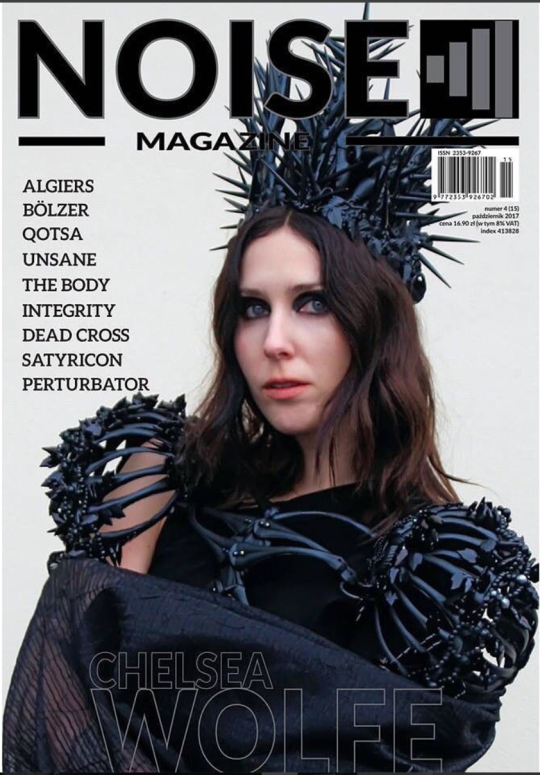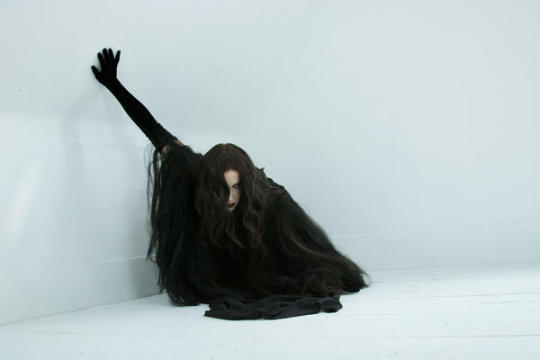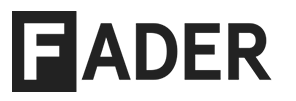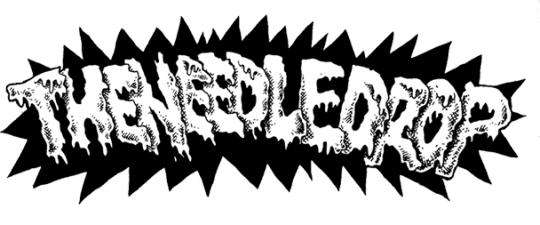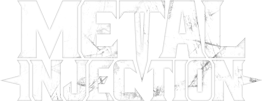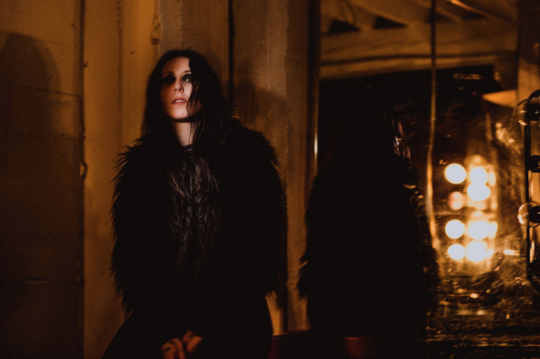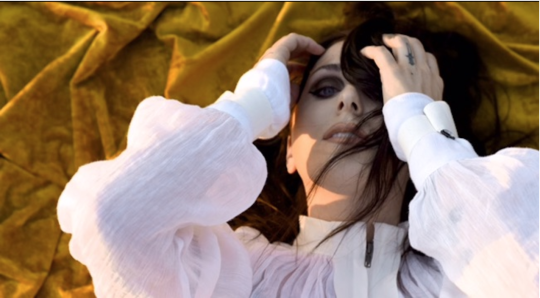Chelsea Wolfe on not being afraid to take risks // The Creative Independent
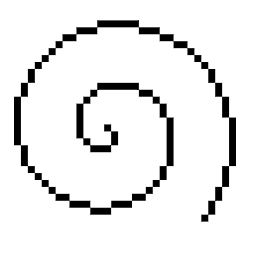
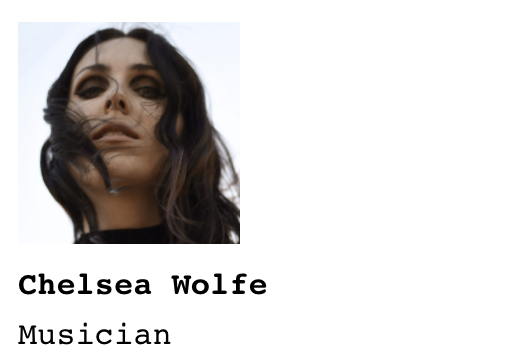
Prelude:
Chelsea Wolfe is an American singer-songwriter and musician who incorporates folk, goth rock, and doom metal into her sound. Her most recent album, Hiss Spun, is her fifth. Wolfe co-produced the collection with longtime collaborator Ben Chisholm. It was recorded by Converge guitarist Kurt Ballou and features contributions from Troy Van Leeuwen of Queens of the Stone Age and Aaron Turner of the post-metal band Isis. Her music has been featured in Game of Thrones, Fear the Walking Dead and How to Get Away with Murder. Here she discusses her songwriting process, explains why it’s worth shaking up your approach, gives tips for surviving in the music industry, and talks about the importance of old books.
Full Article Via The Creative Independent
Conversation:
How do you deal with creative blocks?
If I start to feel stagnant, going to see a good show always helps. Watching a great band makes me want to play music. Like, when we opened for Queens of the Stone Age a few years back. I was unsure where I wanted to go next musically, and had a feeling, like maybe I should do another acoustic album… I was starting to put some invisible pressure on myself instead of letting my instincts lead. But after a couple nights of watching Queens play these rock ‘n’ roll songs that have been my favorites for years, it was like, “No, fuck that, I want to play heavy music and let some aggression out,” so then I started working on Abyss.
You did change your sound on your Abyss. It was clearly you, but it was heavier. The album that came after it, Hiss Spun, is darker and even heavier. As an artist, is it important to take risks?
Yes, and it’s important to follow your intuition. That’s what I was doing then. I did that tour opening up for QOTSA, and immediately after did a tour opening for The Eels, switching from a rock set to acoustic set with literally one day between. I wasn’t ready to be up there playing this quiet music, and cried through the soundcheck of the first show. I was so uncomfortable. That’s how I knew I didn’t want to make another acoustic album just yet, and went full-force with the heavy. There was something I needed to let out first, like an exorcism.
Can you talk us through your songwriting process?
I keep endless notes and recordings of lyrics and production ideas that pop into my head in the middle of the night, when I’m driving, when I’m reading a book, whenever…Then when I get a musical idea or have the time to sit down and work on new songs, I have this store of ideas to pull from. I’ll treat it like a collage at times—scanning over pages of words and seeing what stands out, conceptually or visually, and I’ll start from there, sometimes culling other things from those pages that relate, or sometimes just writing all new things based on the one thing that stands out at that time.
There are also instances where I write a complete song in one go. Those are the more exhilarating, revelatory times. Sometimes it comes out of nowhere when something hits me emotionally or instinctually, and sometimes it comes from writing sessions where I’ll set up my gear around me, get ready to record, and then take mushrooms, allowing myself to open up in a new way. It’s not always easy. Sometimes it can be daunting or physically taxing, but I can be so closed-off at times—protecting myself from the energies of the world—that I have to pry myself back open when I’m ready to start writing again.
Do you stick to any kind of regular regimen as far as writing music? What’s your daily schedule like?
My only real regimen is not to ignore any ideas. Inspiration can sometimes come at the most inconvenient moments, like when I’ve finally just started to fall asleep, but I force myself up and follow it through. My family inspires me a lot, so I’ve warned them that if I have to stop and do something in my phone while we’re in the middle of a conversation, I’m just quickly taking note of an old-fashioned phrase they said that I thought was beautiful, or something they mentioned that I want to look into later. When I get to a point where I’ve written a few songs that start to feel related, like the beginning of an album, that’s the most exciting time. At that point I’ll hone in, researching certain subjects, and I start to well up with musical ideas and melodies.
I have a small writing studio that’s right next to my bedroom where I work on lyrics and record demo vocals, and then downstairs is another studio room where the band and I will jam and work parts out together. I live in the middle of nowhere, but I’m lucky enough that my bandmates come stay with me and work on songs for chunks of time. It’s not so bad here—there’s lots of trees and lakes, and a dive bar with a jukebox and karaoke.
I’ve learned over time that keeping most of my thoughts, experiences, and ideas to myself and my close friends as they happen, instead of sharing them with the internet constantly—that helps them remain special. We’re in such a zeitgeist now that I also find it important to find inspiration sources that have nothing to do with the internet. Of course it’s going to seep in here and there. I mean, I still start my day with the news, usually via CNN, Vice, or Reuters, but for years I’ve been collecting books, and old books especially are an invaluable resource.
For me, going to an antique store or used bookstore is almost equivalent to going to a museum. I love to think about the stories those items hold. While I was writing songs for Hiss Spun, I experimented with getting up really early and writing with a fresh mind. Steve Von Till told me he does that, so I gave it a try. It worked well for me, but then as soon as I go on tour my sleep schedule goes back to late nights and late mornings! When I come back from Europe the jet lag brings me back to the early mornings so I try to take advantage of those times.
Is it ever okay to abandon something you’ve started?
I’m not afraid to let go of songs that aren’t working. I mean, I threw 100s of copies of CDs of the first album I did in my early 20’s into a dumpster behind my old apartment back in Sacramento. I wasn’t happy with it. I knew I wanted to make music, but wasn’t able to execute my vision yet. It was just practice, really.
How do you come back from a bad review?
I think because I’m so hard on myself, and constantly critiquing what I’m doing, it’s not weird for me to see a review with something negative about me… I’ll even agree. Like there was a show in Vancouver once with a review that said my voice was “much raspier than the recorded version,” and I was like, “Yeah, I was exhausted that night and the monitors were shit.” No big deal, I still gave it all I had.
That’s not to say it doesn’t affect me. I had to stop looking at comments because that can be a bit much, hearing everyone’s opinion on you all the time. But you kind of expect reviewers to be looking for something to pick out to counteract anything positive they have to say, because I think a lot of people read negativity as authenticity. I don’t, but I do try to see the balance in all things. To me, it’s worse when an artist spends their energy tearing another artist down. If you’re spending a lot of time and energy seething against another band, it probably says more about how you feel about the work you’re making.
Do you see social media as a useful tool?
It can be an insight into someone’s life who may otherwise be a private person, like myself, but I’m also careful about what I share. I rarely post photos of my closest friends, family, or who I date. Then every once in a while I’ll surprise you with something exhibitionistic or personal. I mostly just use Instagram, and I don’t plan out my posts… I just put things up when the mood hits.
Like the other night I drank a bit too much and was hyperventilating in bed at my friend’s house. I started almost speaking in tongues and then was repeating my album title Hiss Spun in a strange way. I took video of it (well just audio, the room was dark) and posted it because it felt very real and related to the feeling of the album. But then I’ll see someone like St. Vincent having these nice, well thought-out videos to introduce her new album and I feel like a total loser, but at this point in my life I’m just more spur-of-the-moment, I suppose. Anyway, social media is useful in the sense that you can let a group of people who are interested in your work know what you’re up to or have coming up, like a new album or tour.
What does success look like to you? Failure?
I have my own weird definition of perfection that I hold my music to, so sometimes the recording process can be grueling, but at the same time it’s the only way I feel like I’m successful at all—if I’m proud of the music I’m putting out, I’m successful. Failure would be to make music just to keep up with trends, or to give someone else control over your music because you’re not feeling up to it. If you’re drained of drive and ideas, it’s time to take a break, live life, and through that, find reinvigoration.
The music industry can be a weird place. What are your survival techniques?
It was like navigating through an apocalyptic wasteland for many years, dealing with human vampires and exclusion, but I’ve also held truly good and grounding people close along the way. Playing with musicians who aren’t sexist or controlling, but are instead supportive and willing to listen, combined with having a powerful woman as a manager have helped me maintain a certain kind of balance and sanity. I’ve always had a strong vision, but haven’t always had the strength to put myself out there into the world, so it took me a long time to get to where I am. I recognize that I have a long way to go, but I’m almost 10 years deep into this so I’m much more confident and enthusiastic about pushing forward with my ideas and perspective than I was at the beginning. I’ve also learned to say “No!”


